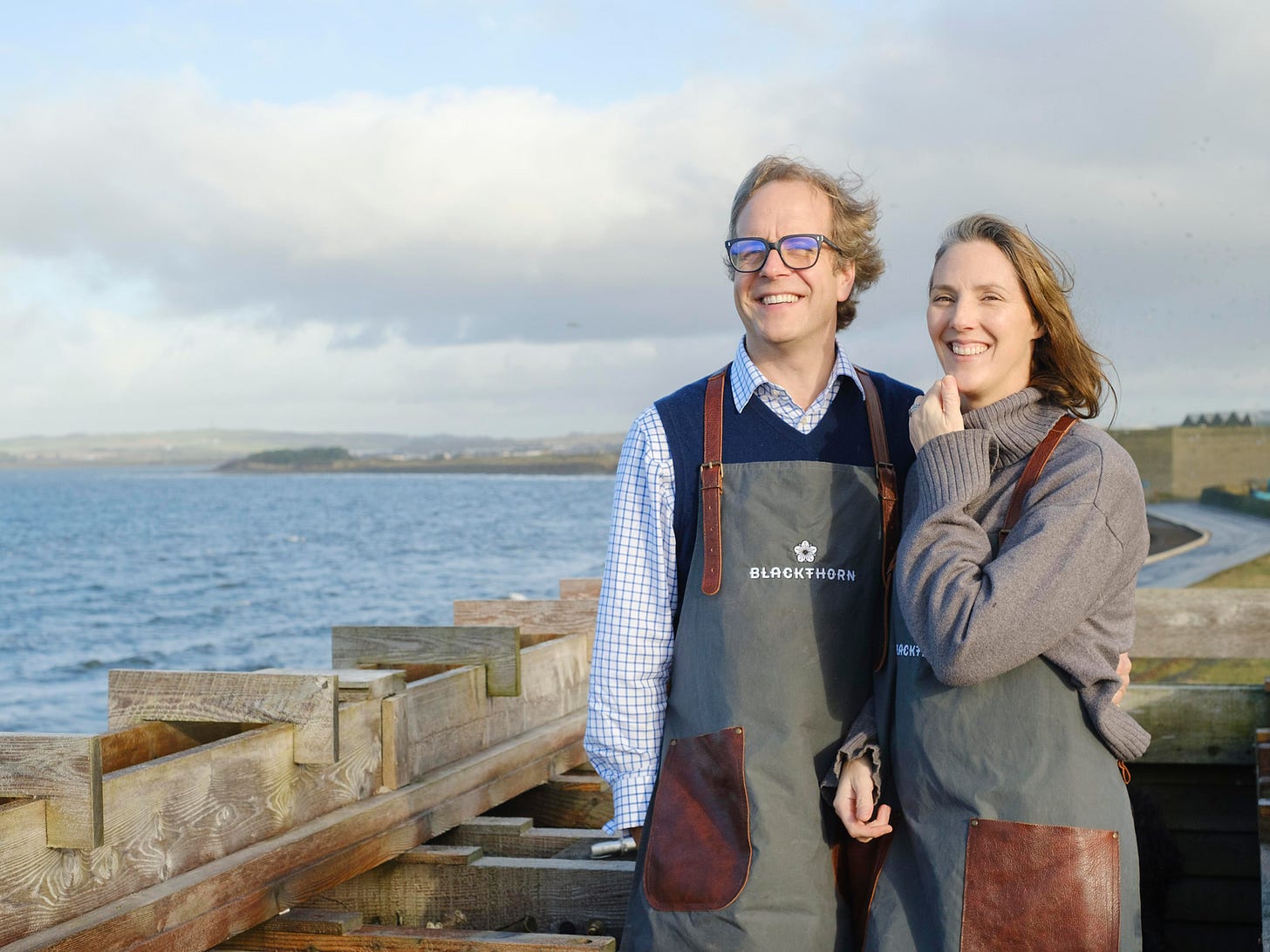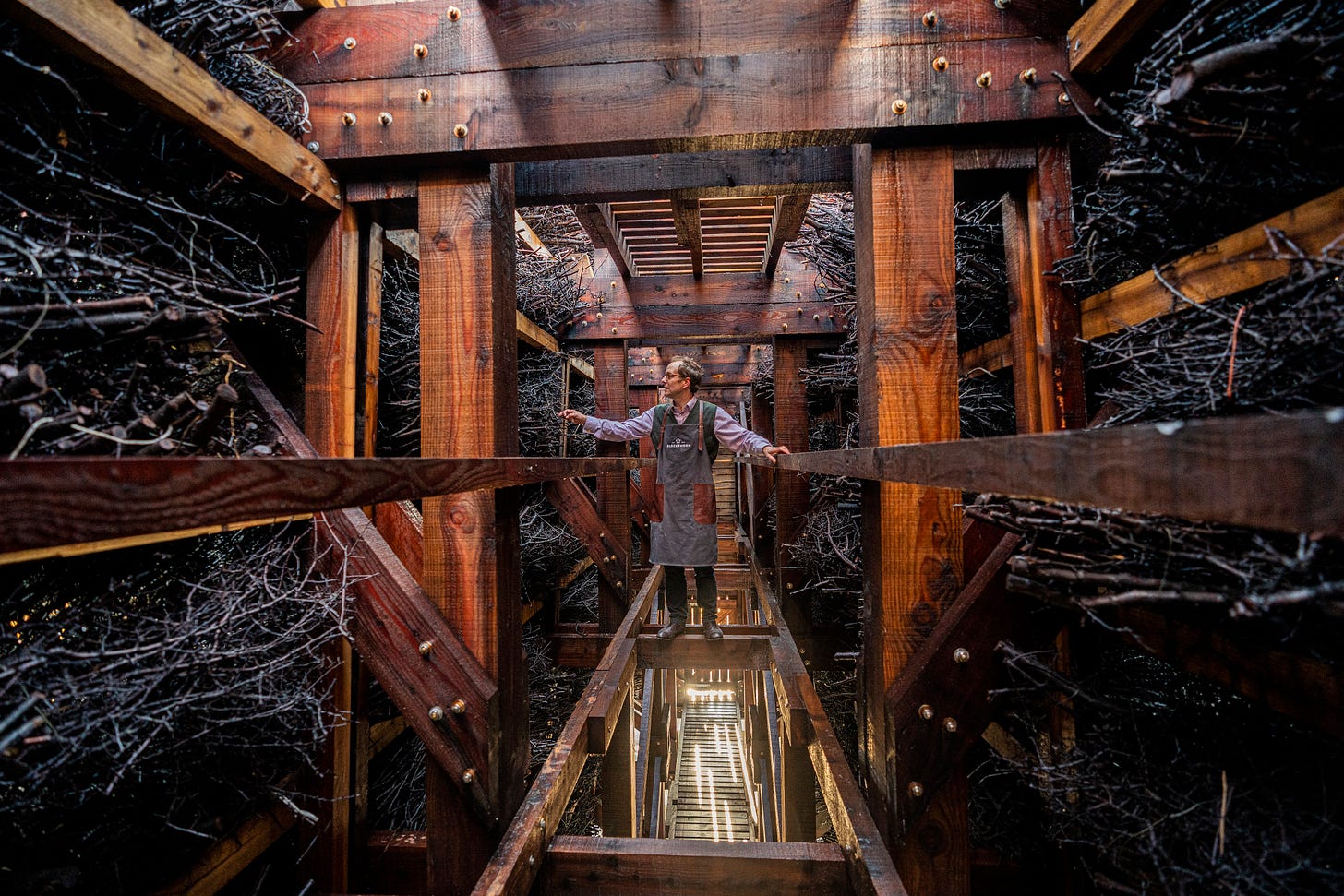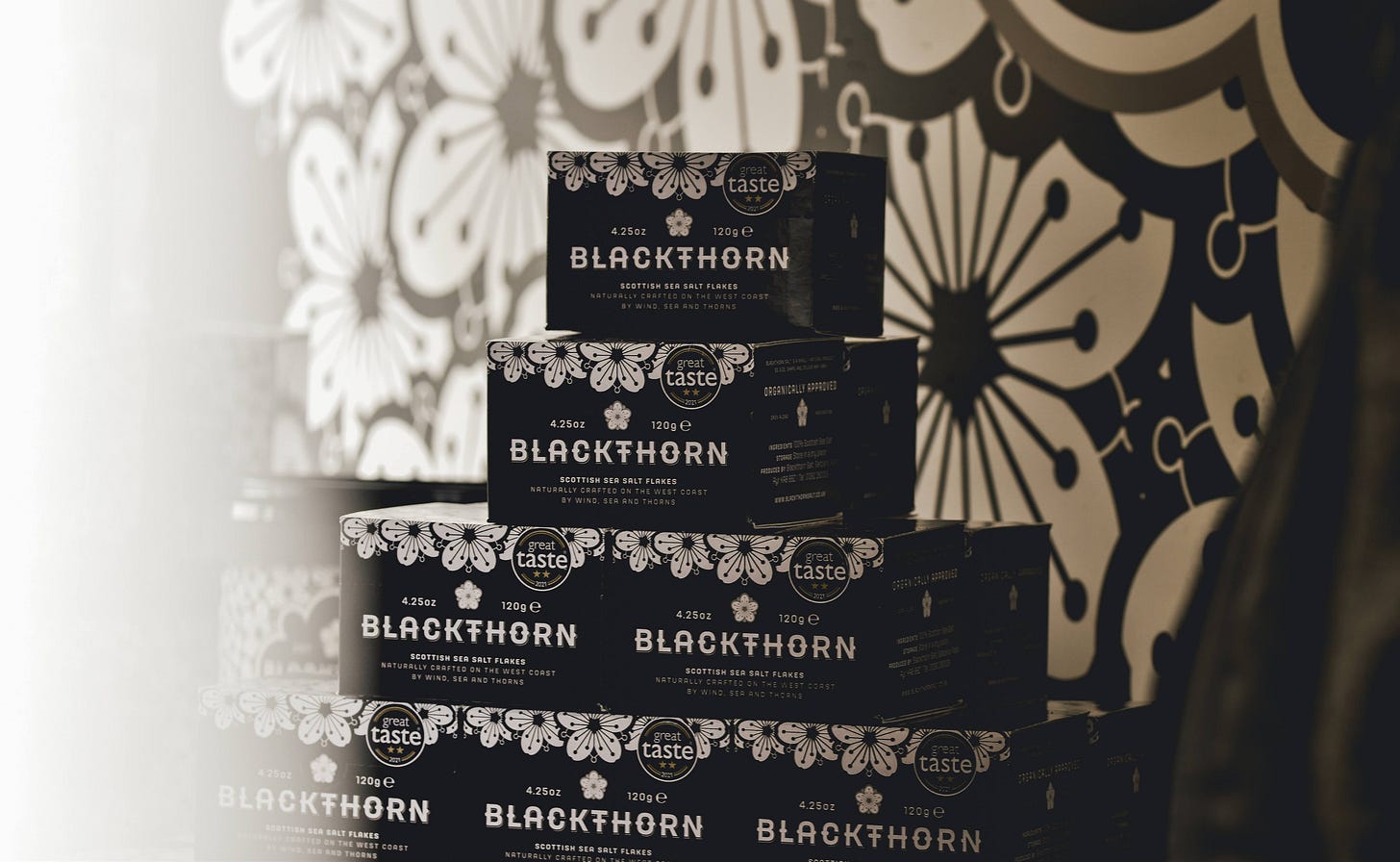A Dash of Wind and an Eye for the Details
Conversation with Whirly Marshall about Blackthorn Salt
Salt isn’t just salt—especially when it’s made with centuries of knowledge, a bit of wild Scottish weather, and a whole lot of patience. I sat down (virtually) with Whirly, one of the founders of Blackthorn Salt, to talk about their unique approach, the role of tradition, and why they refuse to rush a good thing.
Dava Guthmiller: I’d love to start with the origin story. What inspired you and Gregorie to start Blackthorn Salt?
Whirly: Well, it was kind of a natural progression. My husband’s family has been in the salt business for 150 years—Peacock Salt. He’s the fifth generation, and they import salt from all over the world. But we’re both food lovers, and we wanted to do something that felt local, sustainable, and true to where we live. We look out our window at the sea every day, and it just made sense to use the knowledge we already had to create something special.
Read more about their tradition of salt.
Dava: The way you produce your salt is really unique. Can you explain how the Blackthorn salt tower works?
Whirly: Absolutely. It’s actually based on a traditional method from Germany and Poland. Instead of relying on the sun, like they do in France or Australia, we use the wind. Scotland isn’t exactly known for dry, sunny weather, but we do have a lot of wind! The tower is essentially a wind trap. Seawater trickles down through layers of blackthorn branches, which increases the surface area and allows the wind to evaporate most of the water before we finish it off in a pan. It’s a slower process, but it’s more sustainable and gives the salt a really distinctive character.
Dava: And those blackthorn branches actually impact the flavor, right?
Whirly: They do! At first, we chose them just for their practical purpose—helping the seawater spread out. But then we realized they were adding tannins to the salt. You can see it in the brine—it turns this beautiful amber color. And when you taste the salt, there’s this subtle umami, a kind of savory depth that chefs love. It lingers on your palate in a way that makes food more moreish, if that makes sense.
Dava: It definitely does. I’ve noticed that your flakes are also really delicate compared to other flake salts. What’s the secret to the texture?
Whirly: The crystals can be broken up in transit, so I'm glad you've managed to have some slightly bigger crystals to discover that. It comes down to how we finish the salt. The last 10% of evaporation happens in a pan, and we’re incredibly careful with it. We never let it boil or stir it too much. It’s all about patience—letting the crystals form slowly so they have the right texture. Gregory, my husband, was very particular about this. He wanted a salt that wouldn’t jab his fingers when he crushed it between his fingers. It had to be flaky but also versatile—big enough for finishing a steak, fine enough to crumble over a salad.
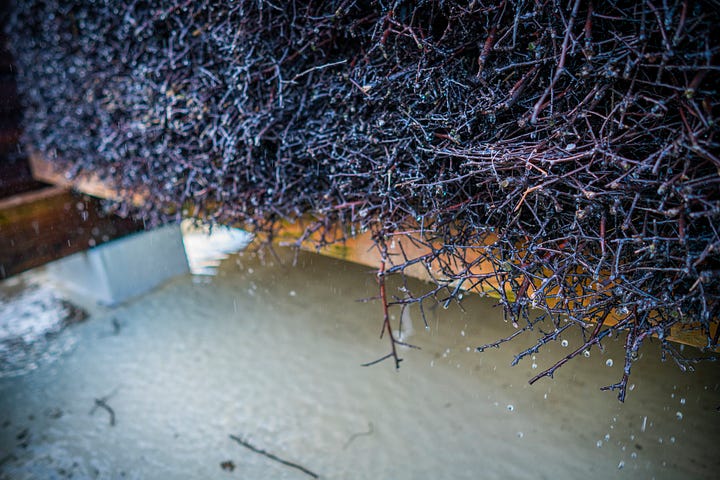
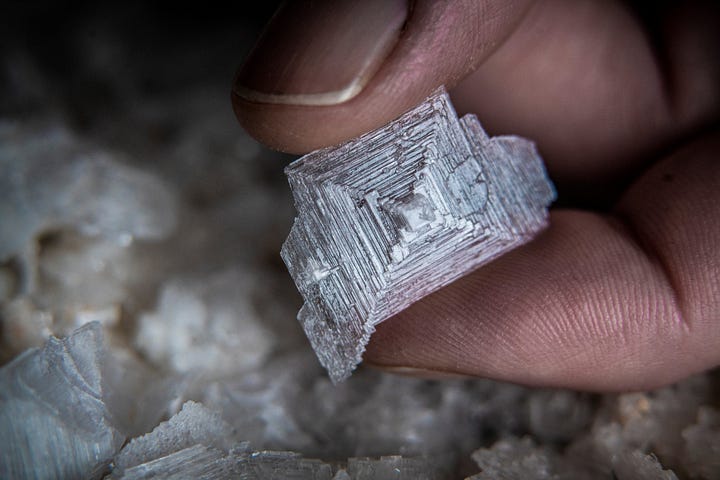
Dava: I also have to say, I love your black box packaging. Why did you choose paper over plastic?
Whirly: Oh, that was a journey! You’d think it would be easy to find a modern, sustainable solution, but it took over a year of testing to get it right. We wanted it to be plastic-free, but also functional—something you could open with one hand while cooking, without it looking ugly or falling apart. In humid places like Japan and Singapore, we do have to include a compostable inner bag, but otherwise, we’ve kept it all paper. If people want to decant it into their own container, that’s fine, but it should also be able to sit proudly on a kitchen counter.
Dava: Right now, you’re focused on pure salt. Any plans to experiment with infused or flavored salts?
Whirly: Not really. Our goal has always been to make the best salt we can, and then let others do what they want with it. We sell to a lot of artisans—chocolatiers, butter makers, even beer brewers—but we don’t mess with it ourselves. Infused salts with herbs or spices can be great, but if you care about your ingredients, you probably already have fresh herbs in your kitchen. Why not just add them when you need them?
Dava: I totally get that. What about smoked salt? You’ve mentioned it as a possibility as part of your sustainability practices.
Whirly: Yes, that’s the one thing we might do. Not because we love smoked salt—we’re actually a bit picky about it—but because we could use the spent blackthorn branches for smoking, creating a full-circle process. If we can make one that we genuinely like, then we’ll do it.
Dava: Many different businesses use your salt—what are some of the more unexpected ones?
Whirly: Fevertree uses it in their club soda for the U.S. market, which was a totally blind taste test win. We also work with soap makers, cheese makers, shortbread bakers, ice cream makers, and even confectioners. It’s fascinating to see how people use it in completely different ways.
Dava: If you could see your salt in any restaurant, store, or chef’s hands, where would it be?
Whirly: We already have about 20 Michelin-starred chefs using it, which is incredible, and we’d love more of those. But honestly, I get just as excited when a child visits and suddenly gets obsessed with salt. It’s such a fundamental ingredient, and I love opening people’s eyes to how different it can be.
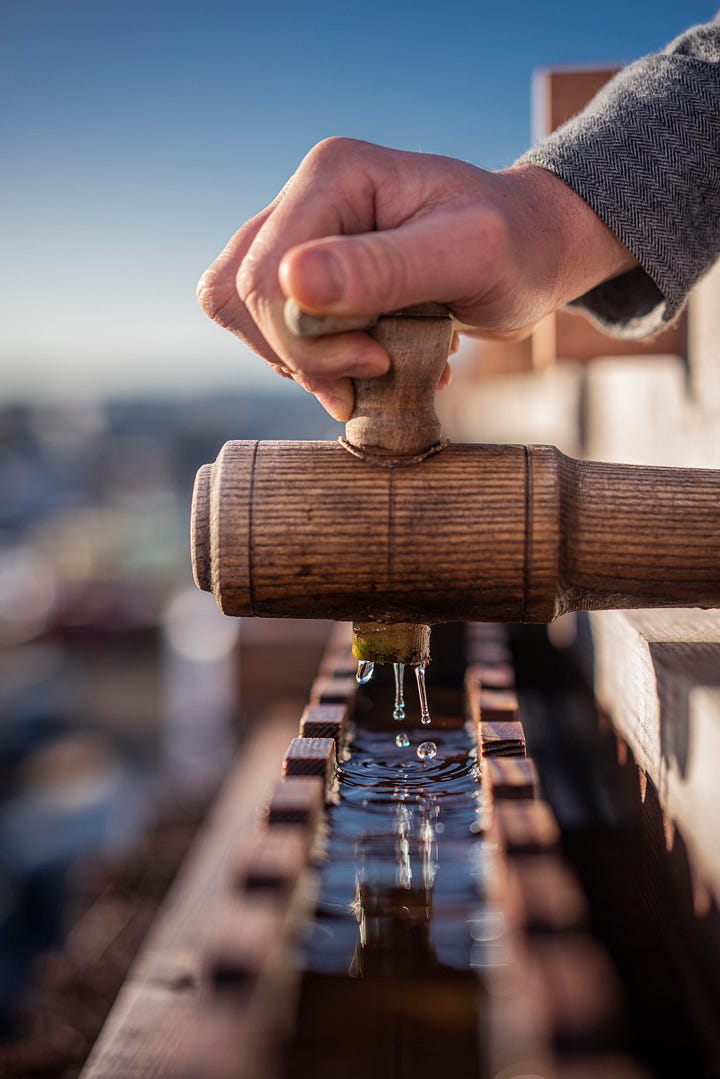
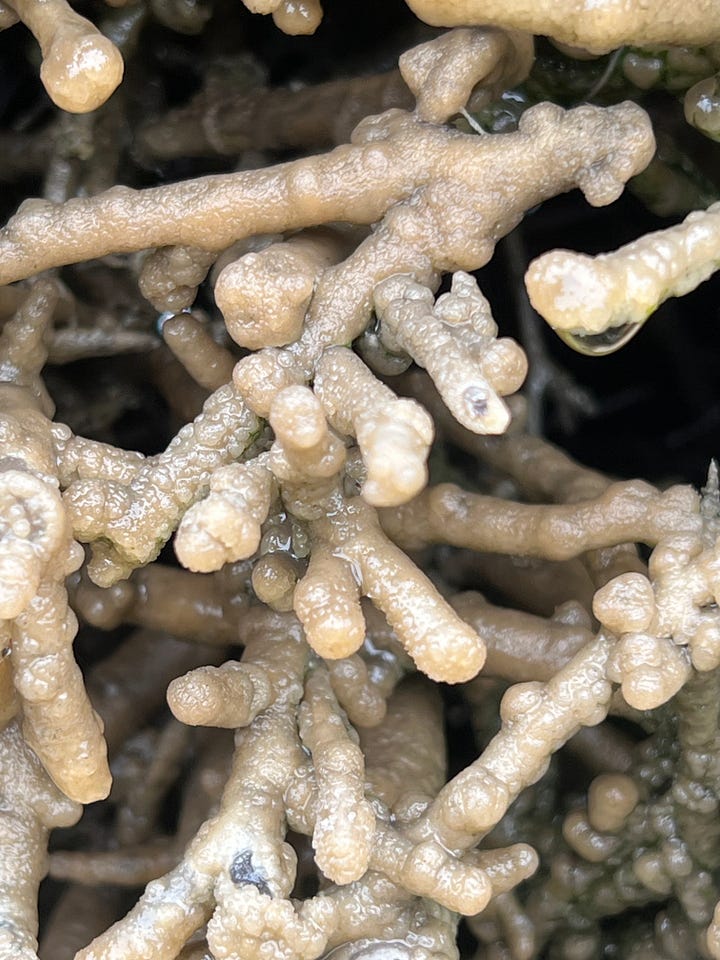
Dava: Finally, if there’s one thing you want people to take away from Blackthorn, what would it be?
Whirly: I just want them to find the thing that interests them—whether it’s the flavor, the sustainability, the tradition, or the craftsmanship. There’s something in our process for everyone to connect with, and I hope it brings a smile to their table.
Blackthorn Salt is proof that even the most essential ingredients can be full of history, craft, and discovery. Whether you’re a chef or just someone who loves good food, it’s worth slowing down to appreciate the salt on your table. I keep Blackthorn in a small salt cellar on my counter, too.
If you have ideas for chefs who might benefit from a taste of the Scottish seas and branch tannins, please let us know, and we’ll introduce them.
As a craft product from Scotland, Blackthorn is not on every shelf. The best place to purchase it will be the soon-to-launch A Dash Of shop, but until then, you can find these delicious flakes in our shop.



